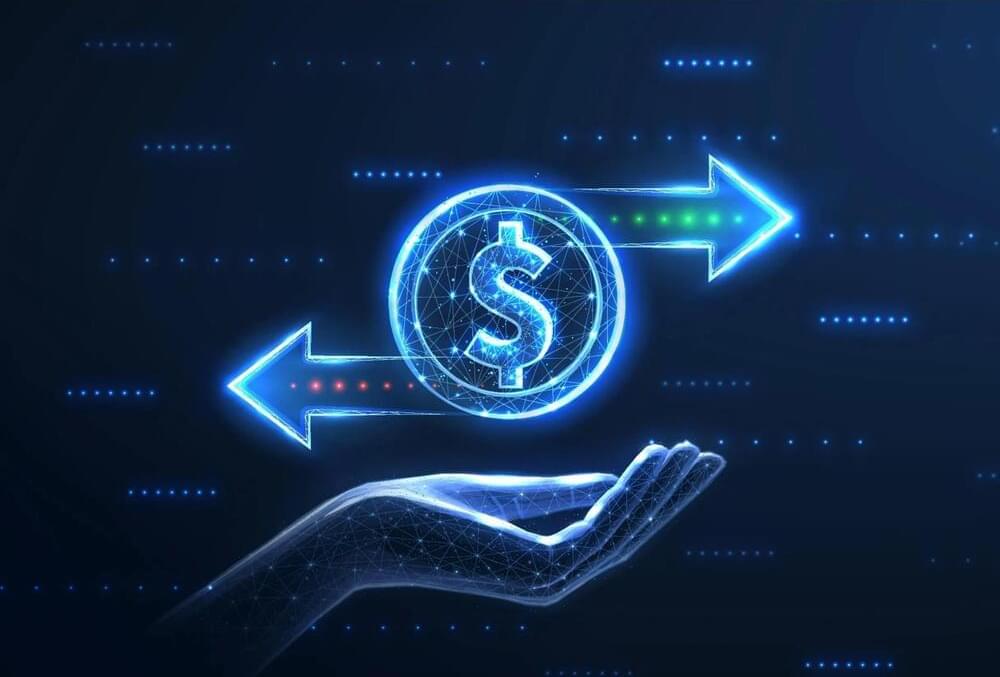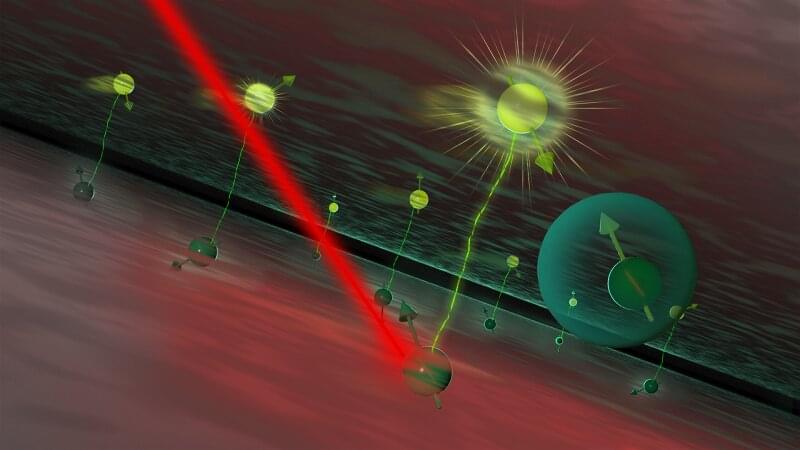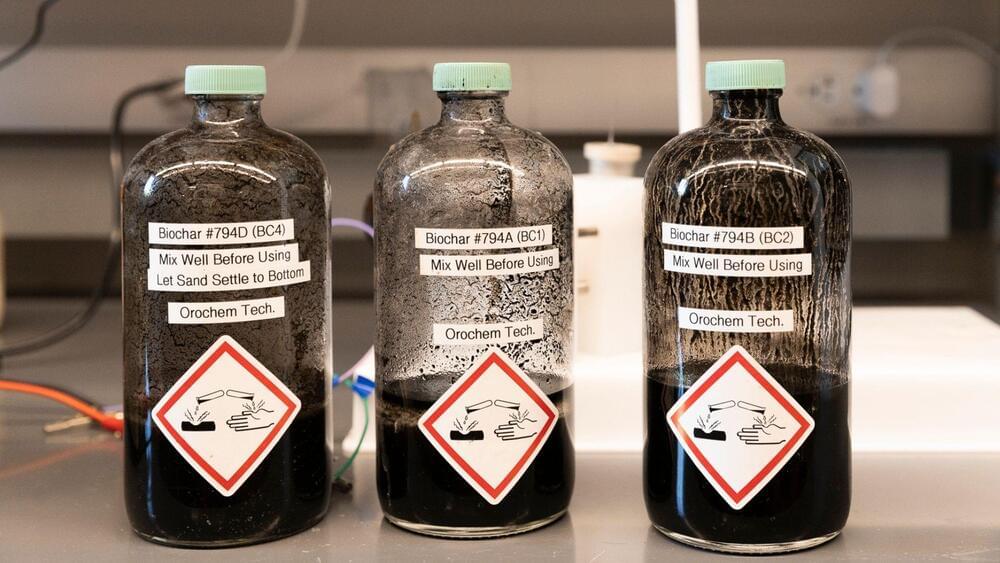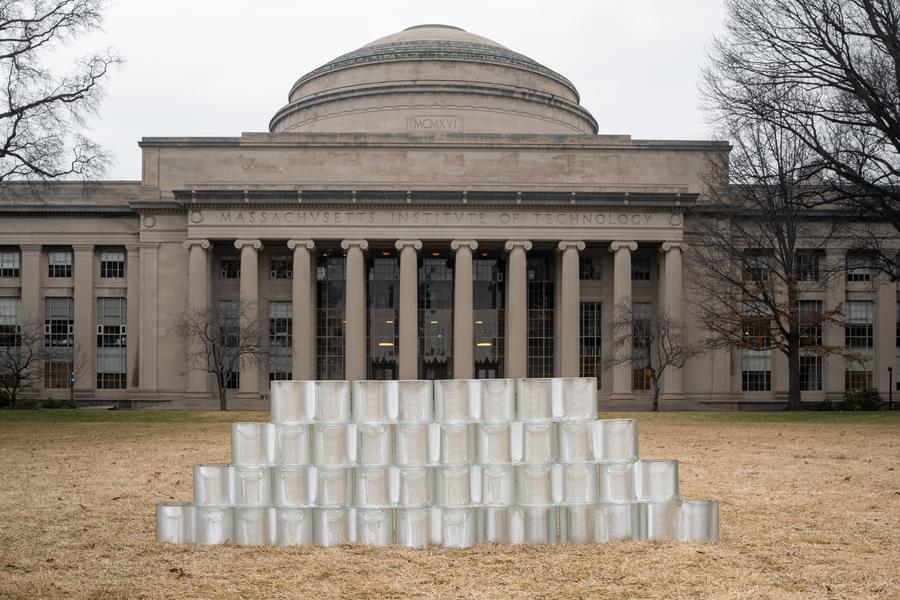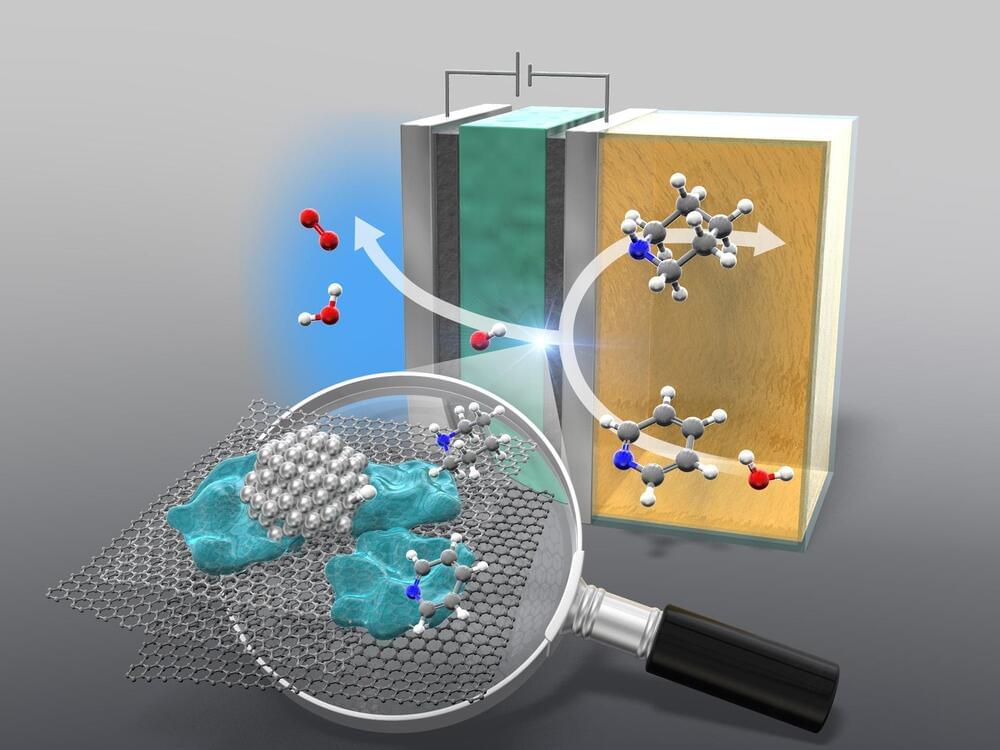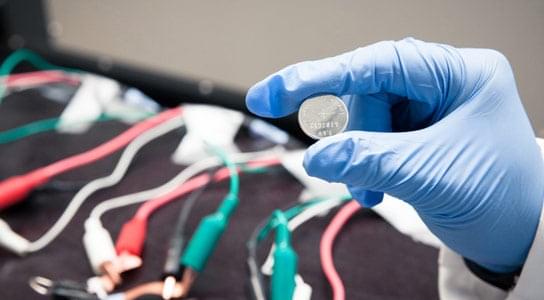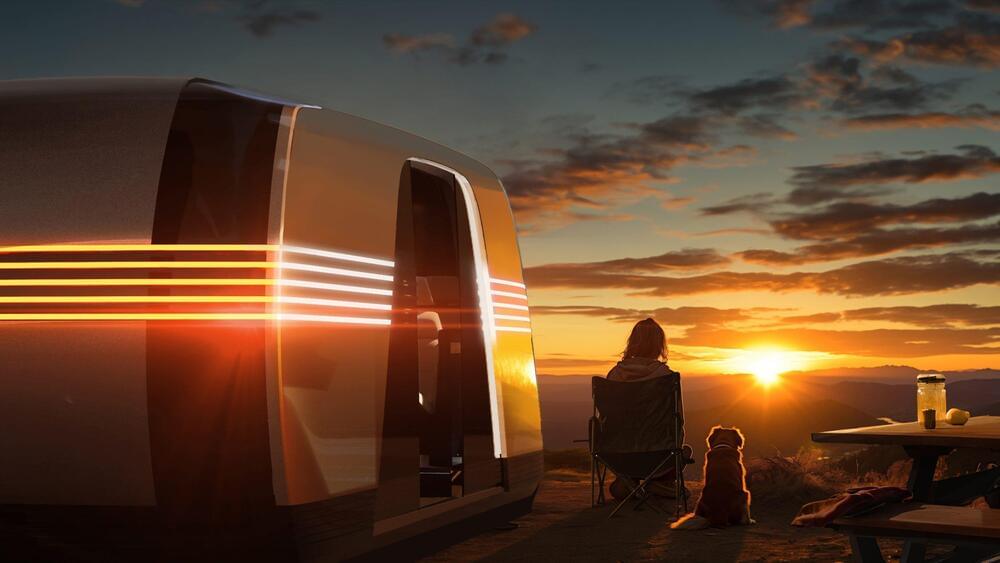At Impactsure Technologies, we’ve helped clients of banks generate guarantees and contracts through preapproved clauses in a matter of a few seconds without the need to go through a complex process of vetting that would have otherwise taken many days. It not only enhances the customer experience but also makes it easier to manage the processes efficiently. The clients are able to manage their contracts well, manage the content, ensure appropriate vetting and scrutiny are done effectively, manage the timelines, and incorporate the electronic signing options in a seamless way.
As contract management complexities continue to increase in the banking and enterprise sectors, the adoption of GenAI emerges as strategically crucial for organizations seeking to enhance operational efficiency, mitigate risks and maintain regulatory compliance. By harnessing the power of AI-driven automation, banks and enterprises can streamline contract processes, optimize resource utilization and confidently navigate the complicated legal landscape.
A combination of GenAI, NLP and ML represents a paradigm shift in contract management, empowering banks and enterprises to easily manage the complexities of the modern business environment with agility and resilience. By embracing AI-driven solutions, organizations can unlock new opportunities for growth, innovation and sustainable success in an increasingly competitive and rapidly evolving environment.

